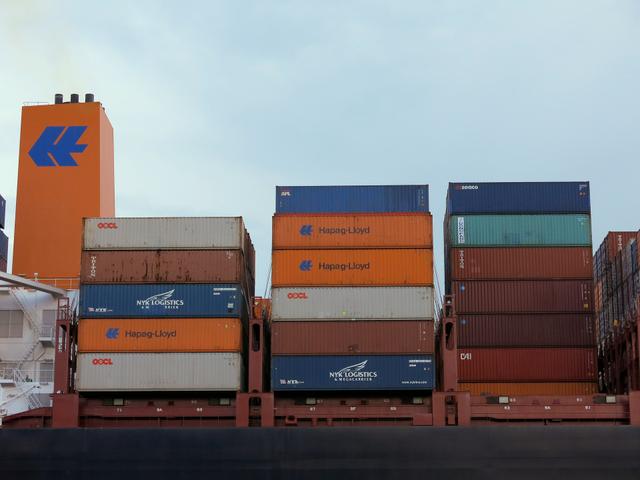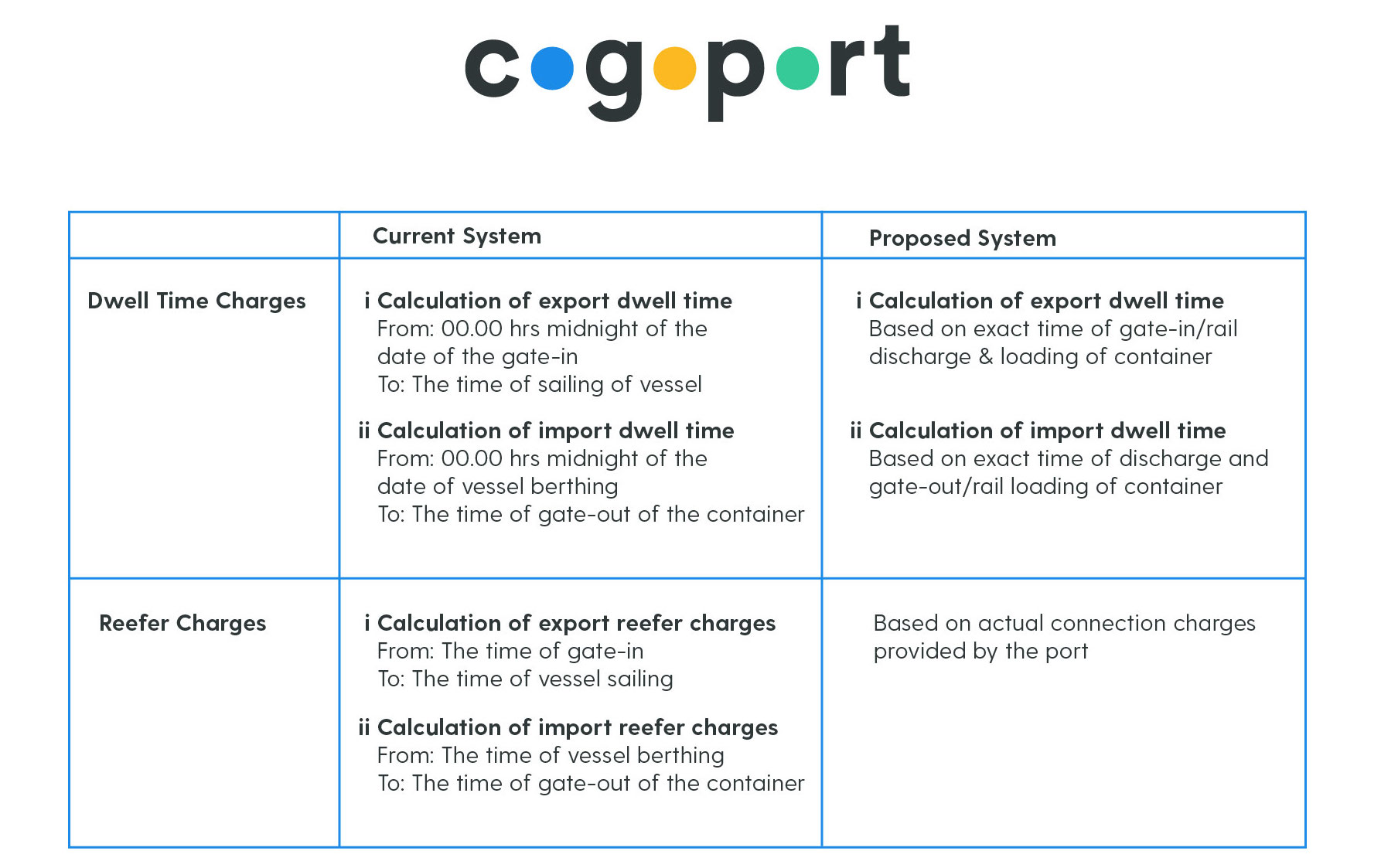India’s Top Inland Container Depots(ICDs) & Route Hacks to Save Time and Cost
Discover how India’s top Inland Container Depots (ICDs) can help exporters avoid port congestion and reduce haulage costs. Learn smart routi...
Revised dwell time and refeer charges computation method to help reduce logistics cost for exporters and importers

Dwell time is an important metric for both the ports and the trade. For ports, it helps measure operational efficiency. It aids exporters and importers to arrive at the container dwell time charges levied by the port. In addition to this, it also provides them with an estimated time lag for the next container movement – loading on rail/road for import containers and loading on the vessel for export containers.
Given the impact that dwell time charges have on the total logistics costs of a shipment and the overall delivery timelines, how it is calculated is of importance to exporters and importers.
Hence, in the last quarterly meeting of all the stakeholders of JNPT Port, CSLA and MANSA presented this point for discussion. They put forth the suggestion to take into consideration the actual time of loading/unloading of containers from the vessel and exact time of gate in and gate out respectively.
Upon due consideration, JNPT Port has announced revision in the computation method for dwell time charges and reefer charges. Additionally, it has also decided to offer lashing rebate to transshipment containers. This rebate was earlier only provided for normal containers. The new computation method has been made applicable from 1st April, 2018.
The table given below provides a comparison between the existing dwell time charges computation method and the revised methodology.

According to data shared in an Container Dwell Times Indian Major Ports Increase 20180115 in JOC.com, dwell time at major Indian ports is a matter of concern. A comparison of dwell time data of some of the major ports for the April-November period in 2016 and 2017 shows an increasing trend. During this period, the average container dwell time increased to 2.91 days from 2.57 days at JNPT. It went up to 2.79 days from 2.57 days at Chennai port and Tuticorin recorded 2.01 days as against 1.96 days. Kolkata Port’s dwell time went up to 5.6 days from 5.5 days.
Taking into consideration the dwell time trend of the previous year, this move by JNPT Port should, to some extent, help provide relief to the exporters and importers in terms of reducing logistics costs.